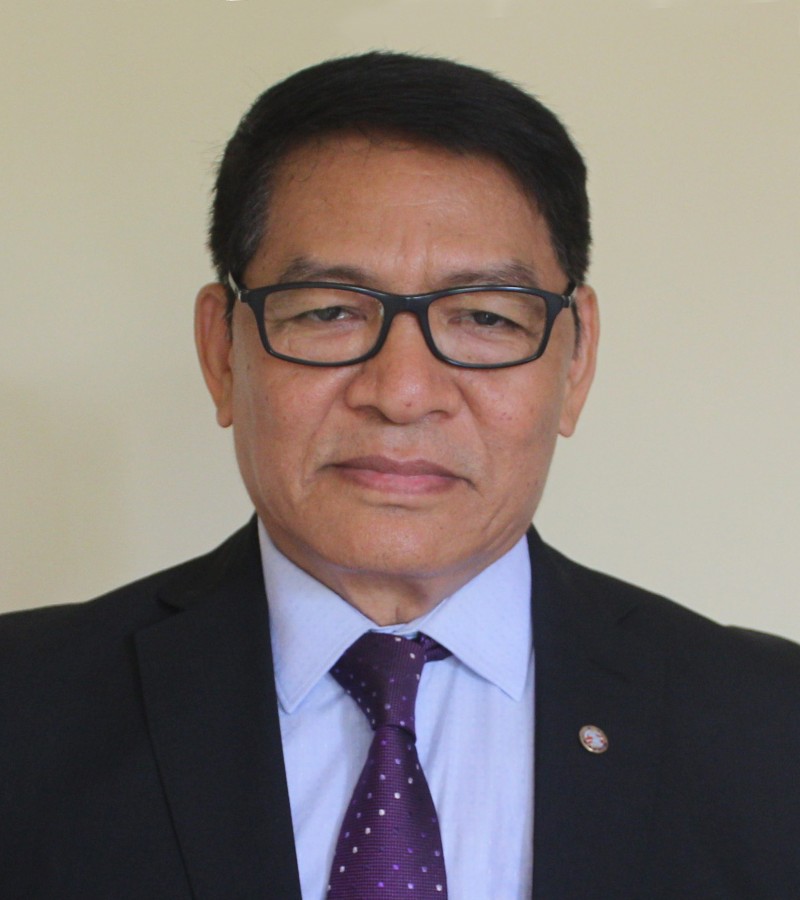Articles
Denial of permission to CAAD is not just what meets the eye
Opinion | Articles | John S. Shilshi | 15-Apr-2025

In recent times, this country has been unfortunately witnessing increasing instances of injustice against the Christian community in different parts of the country. From physically attacking priests and nuns to harassment in different forms, Christians, particularly of the Catholic community, have been on the receiving end, at times even by the very people who are supposed to ensure the safety and security of citizens. But the recent denial of permission by the Delhi Police to take out the annual Way of the Cross procession is a worrying sign because the attempt to limit Christian space is now moving from peripheral India to the national capital.
The reason for denying the permission to the Catholic Association of the Archdiocese of Delhi (CAAD) to take out the annual Way of the Cross procession apparently was ‘law and order problems and traffic congestion,’ which, at least in the case of Christians, is a flimsy one. Not because the points are inconsequential, but Christians in the national capital never had the history of turning their gatherings into a law-and-order situation or causing inconvenience to the public through vehicular disruption. It is, therefore, surprising that the Delhi police choose to show this as reason, and equally intriguing is that the Christian minister in the present government, George Kurien, readily endorsed it. Better sense was expected of him, being a Christian who would have understood the significance of the occasion.
To be fair to the Delhi police, one must admit that in the last several years, they have been more than considerate and accommodating while giving permission to Christians to carry out religion-related programs, such as the feast day of Christ the King, the annual Way of the Cross from one point to the other, etc. The police had, on several occasions, appreciated the way Christians conducted themselves on such occasions, maintaining absolute orderliness and peace. An insider who does not want to be named for obvious reasons says, “The Delhi police never had problems in granting permission to Christian requests to hold programs and processions because they have an impeccable record of maintaining peace in all their programs.”
For example, during the midnight masses of Christmas and Easter, a multitude of Catholic faithful gather to attend the service at the St. Calamba’s School ground adjacent to the Sacred Heart Cathedral, which is located on 1 Ashoka Road, just a little over a kilometer or so from where the Prime Minister of India resides. Even closer to the areas are the official residences of some of the ministers and members of parliament, who are all protected individuals. On these occasions, thousands of people from other faiths also join the Christians in celebration; some in appreciation of the solemnity and the religious fervour, others with the intention to party and make merry. But the Christian conduct, however easily, tamed even the merrymakers into behaving. As such, the police had never deployed more than five to six personnel to control the massive gatherings.
So, are we beginning to see a new kind of shifting equation even in the national capital, where Christian saw a seemingly new-found bonhomie develop between the country’s prime minister and the who’s who of the church hierarchy? Will the Delhi police, in the near future, be stern enough to cite law and order problems when majority religious groups seek similar permission? These are some of the questions nagging the Christian minds, because the denial of permission lacks merit and goes against the principle of inclusivity that this country has proudly upheld. It exemplifies the administration’s insensitivity to a religious group that is fewer in number—hence, the resentments across the country.
May it be known that the annual event is conducted on every Palm Sunday, a Sunday prior to Easter, where 14 important stations in the journey of Jesus Christ to Calvary Mount are enacted in real time to enable the faithful to deepen their understanding about the son of God’s suffering before His crucifixion and death. This solemn observance of the Passion of Christ is not an isolated case of Catholics in Delhi trying to showcase their religion or an attempt to convert people from other faiths to Christianity, as some would like to interpret. It is a spiritual event observed all over the world, though with differing modalities according to local requirements. Therefore, one can only interpret the denial of carrying out such a spiritual event as selective discrimination.
Sab ka saath, sab ka vikas, sab ka vishwas, is said to be the cornerstone on which the BJP would like to govern this country. It is a slogan of inclusivity, which necessarily must not allow any kind of cherry-picking. But, despite the tall claim, there is an ongoing continuous attempt to limit Christian space. The number of incidents of attacks on Christians, on the other hand, keeps increasing, with 733 incidents in 2023, which jumped to 834 in 2024. Till March 2025, there are already 196 incidents of attacks on Christians. And now, a denial of an opportunity for Christians to carry out a spiritual event. Will it be unfair on our part to infer what all of these meant?
(The author is a retired IPS officer, and a founding member of the North East Catholic Research Forum. He can be reached at johnshilshi@gmail.com. Views expressed are his personal)
Visitor comments
Leave a comment

VINCENT VEDARAJ
15-Apr-2025
Fantastic writeup. This is the best time to unite ourselves. All Christians unite for one reason that JESUS IS OUR LORD